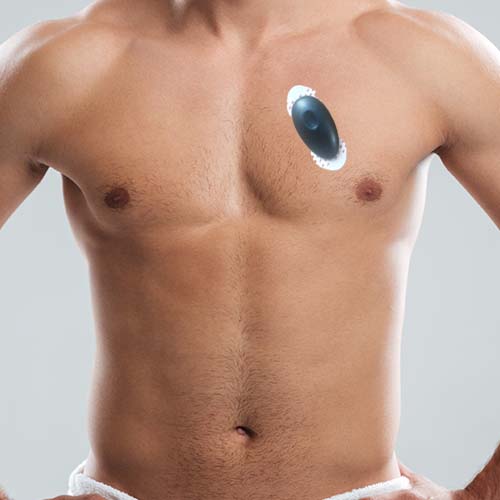
A Holter monitor is a wearable device that is used to gain information about your heart activity. It tracks your heart rhythm by keeping track of your heartbeat. The Holter Test gives your cardiologist a better insight into your heart health as it monitors your heart for a longer period, mostly 24 to 48 hours, unlike a traditional ECG that is used to monitor the heart for a short period.
We use the most advanced Holter monitor to bring about precise readings and make sure that we do not miss a single heartbeat.
Holter Test
Our Process

What Conditions Holter Monitor can Diangose
- Arrhythmias: Holter monitor can detect abnormal heart rhythms, such as atrial fibrillation, supraventricular tachycardia, ventricular tachycardia, and other types of arrhythmias.
- Coronary artery disease: The Holter monitor can detect changes in the ECG pattern that suggest a lack of blood flow to the heart muscle, which may indicate coronary artery disease.
- Heart failure: The Holter monitor can detect abnormal heart rhythms, changes in the heart rate, and other ECG patterns that may indicate heart failure.
- Syncope: Syncope is a sudden loss of consciousness or fainting, which can be caused by various heart conditions. A Holter monitor can help identify the cause of syncope by detecting any abnormal heart rhythms that may have triggered the episode.
- Other heart conditions: A Holter monitor can also help diagnose other heart conditions, such as palpitations, hypertrophic cardiomyopathy, and other conditions that affect the heart's electrical activity.
